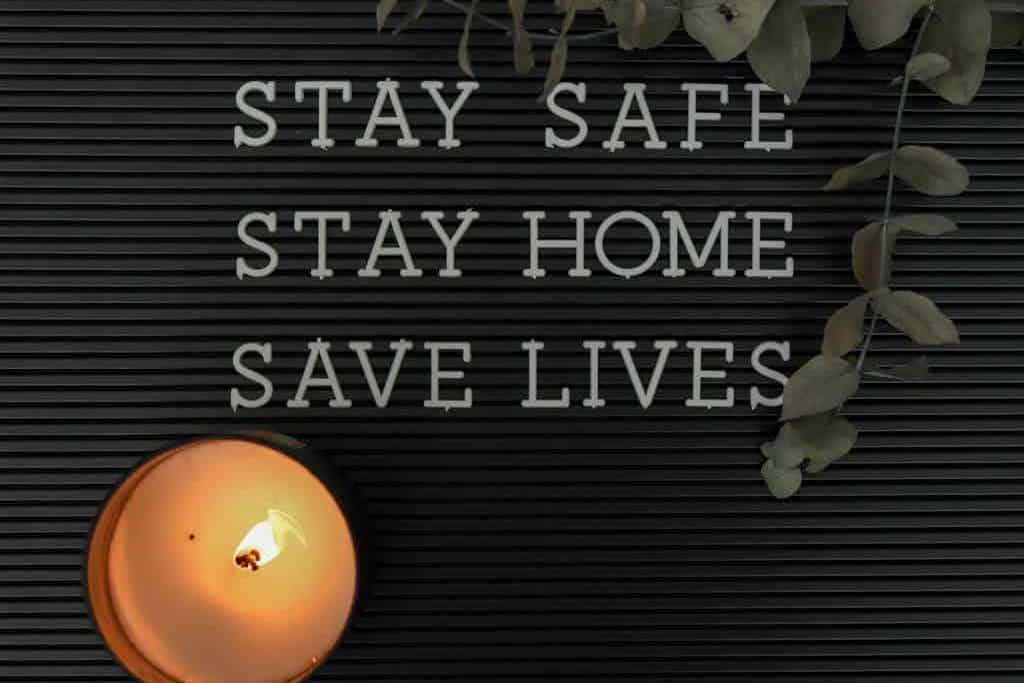A new national lockdown has started in England and Scotland. As with the first lockdown during spring 2020, schools have been closed to all but vulnerable children and children of key workers.
There are only a handful of reasons that people will be allowed to leave their homes. These include seeking medical assistance, shopping for essentials like food, exercise, and going to work if you cannot work from home.
In addition, people are not allowed to mix indoors. People can meet outdoors for exercise with one other person from another household, but exercise is limited to once per day.
In his announcement on Monday evening, the Prime Minister, Boris Johnson, said the coming weeks will be the hardest yet.
The rules put in place are due to last until at least mid-February in England. Scotland’s lockdown, announced by First Minister Nicola Sturgeon on Monday afternoon, will be reviewed at the end of January.
Cabinet Office Minister Michael Gove told the BBC the Chancellor, Rishi Sunak, will provide more information about further support for businesses later today. Gove also admitted it was likely to be March before the English lockdown could potentially lift. Education secretary Gavin Williamson will also give a statement in the House of Commons on Wednesday about how pupils and students will be assessed, given that 2021’s summer exams have been cancelled.
On Monday, the UK had reported a further 58,784 Covid-19 cases, with another 407 deaths within 28 days of a positive test.
The PM also said the NHS and healthcare facilities were now under more duress than they had been since the start of the Covid-19 pandemic.
The chief executive of NHS Providers, Chris Hopson, said that hospital admissions had increased at "alarming rate" and "immediate and decisive action" was essential.
With the vaccination rollout underway, Gove said the Government hopes to reach 13 million vaccinations by February. This would mean everyone in the previously identified high-risk groups will have received at least their first dose of the vaccination.
There have been many concerns raised over the logistics of vaccinating two million people a week. When asked about these concerns, Gove responded, "We do want to make sure these vaccines are delivered in the safest possible way that we do not waste a drop.
"The process of making sure that the vaccines can be placed in the appropriate vials and then safely injected into people's arms is a complicated exercise, but the NHS has more than risen to the challenge."
The PM said that vaccinating those in the top four groups on the priority list would allow the stringent rules to be eased by the middle of February.






